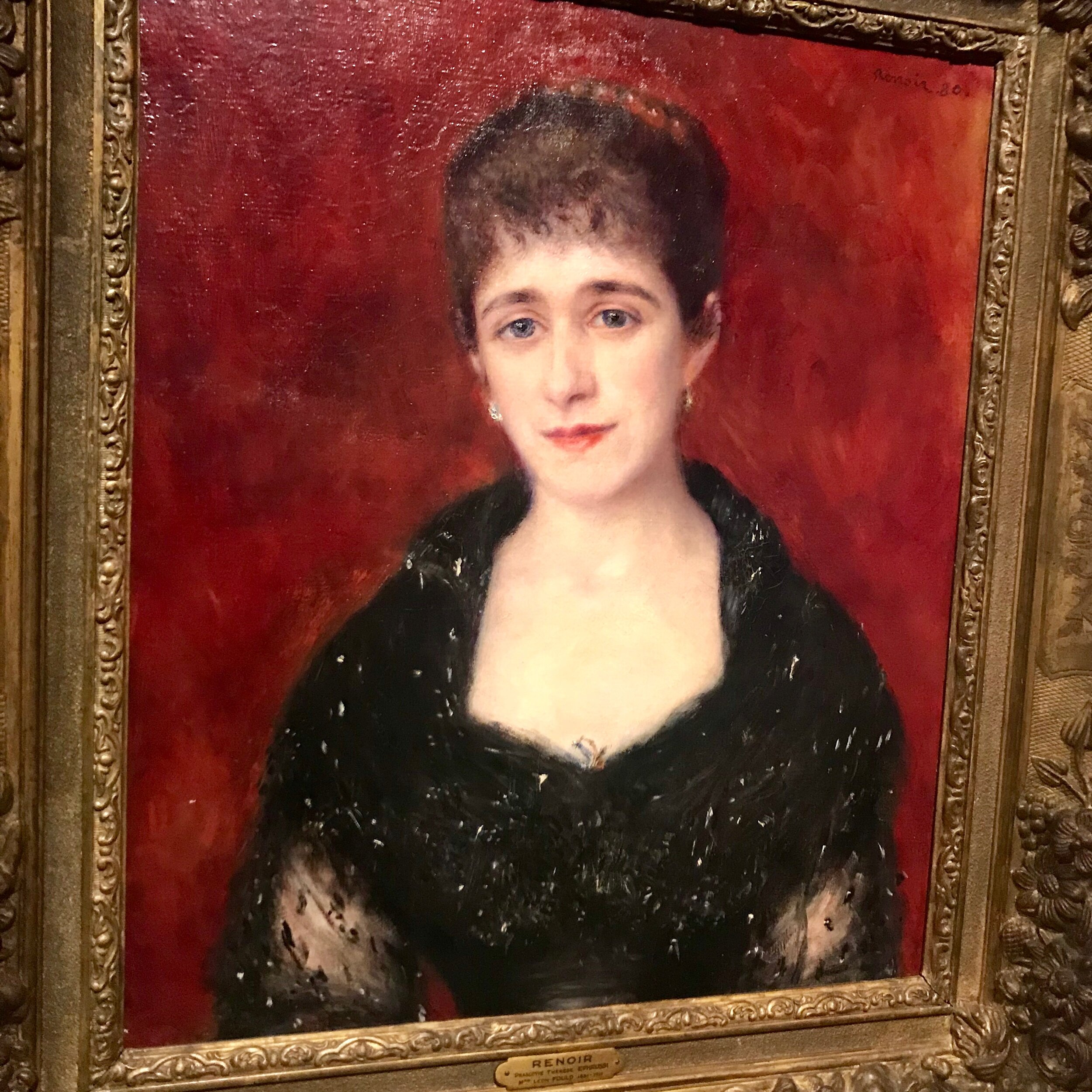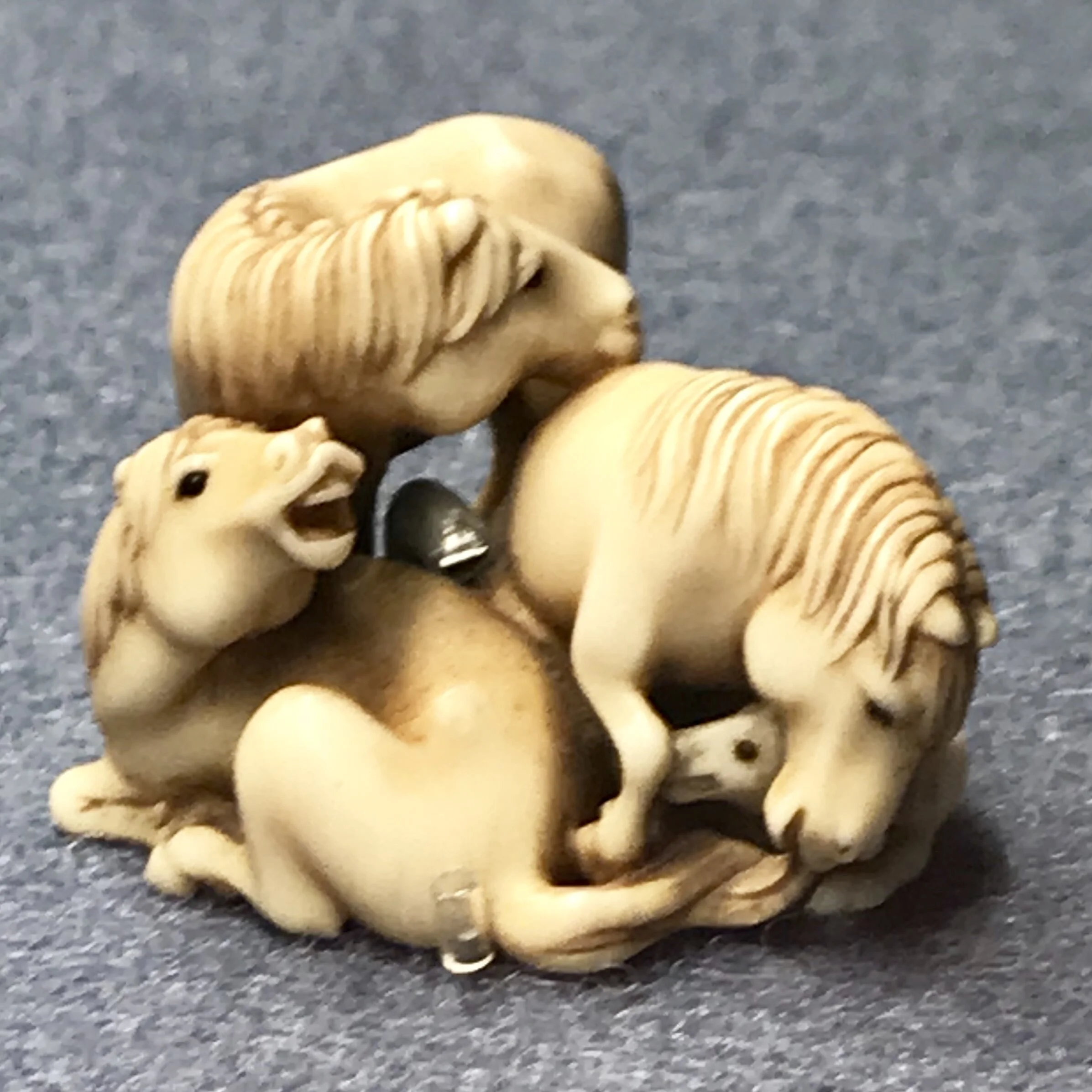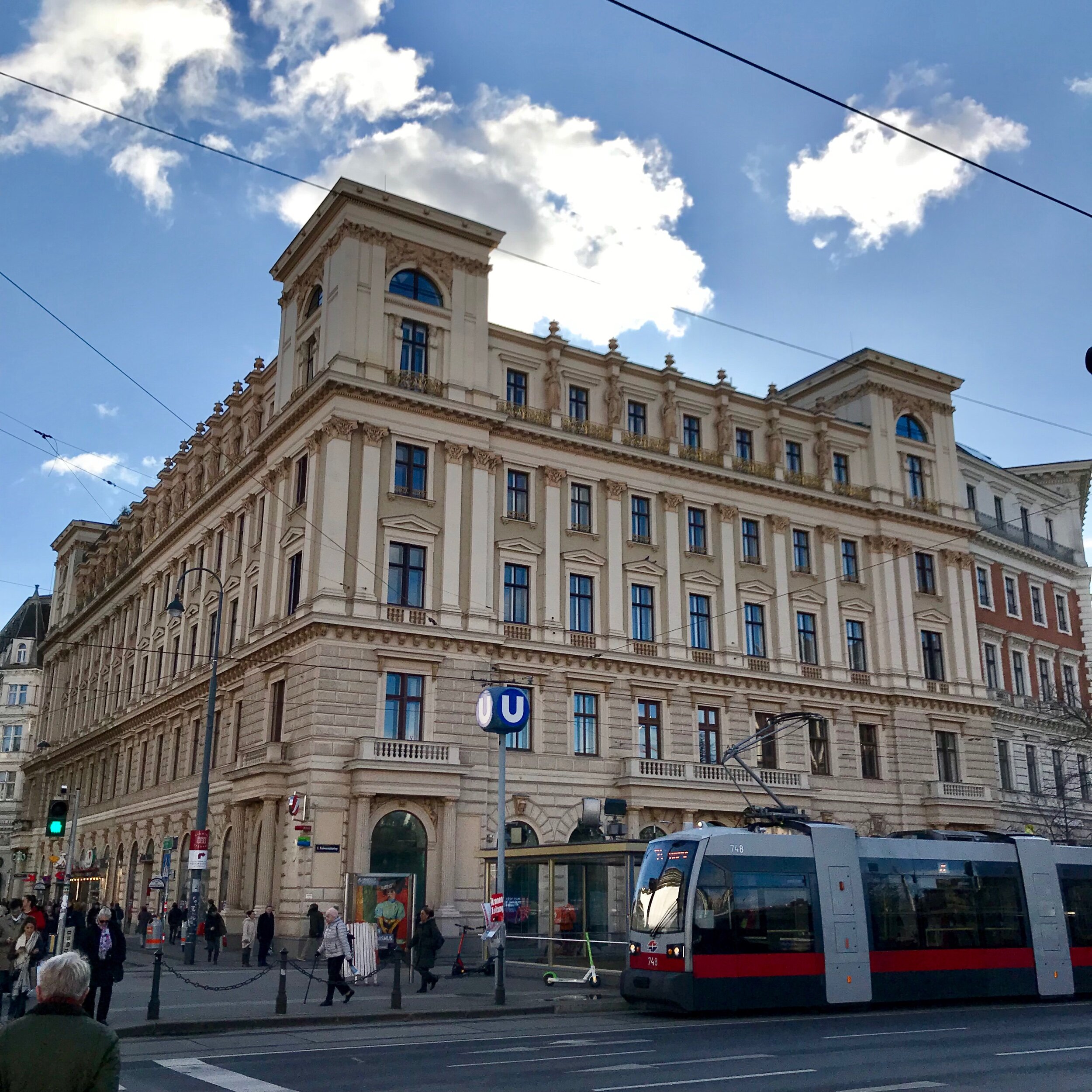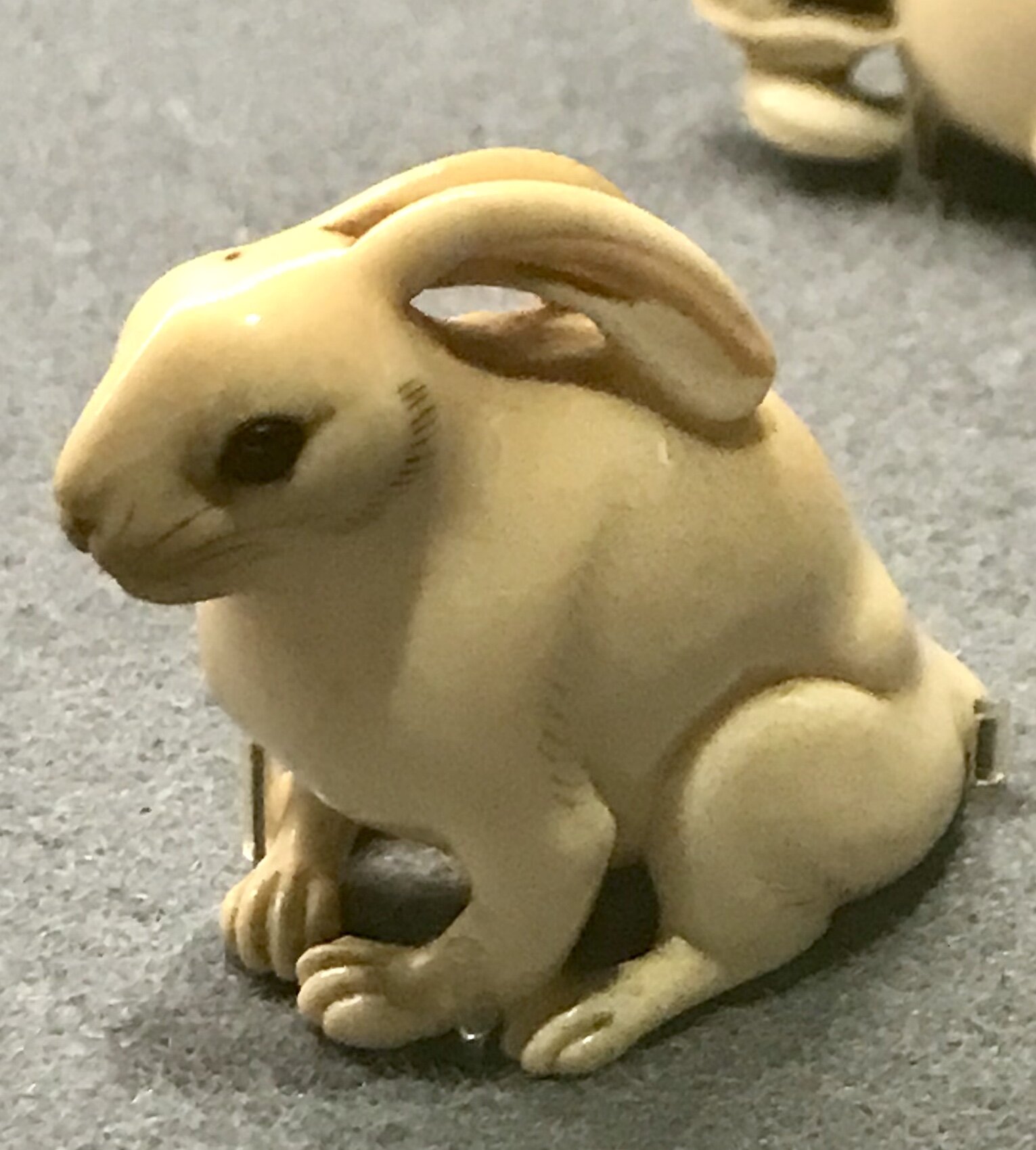Heldenplatz, Vienna
We stood yesterday in Vienna’s Heldenplatz, or Square of Heroes, facing the Hofburg Palace. Its design and construction during the reign of Emperor Franz Joseph makes it clear the Hapsburg Empire thought itself a successor to Imperial Rome, only more grand.
Hundreds of thousands of Viennese filled this square on 15 March 1938 to welcome Hitler to Vienna and to celebrate the Anschluss, or “joining”, of Austria to the Third Reich.
A photo taken from the balcony of the Hofburg Palace shows a sea of people filled the square that March day. Close-ups show many were excited and enthusiastic about the Nazis being in town.
‘All of Vienna’s businesses were told to close and staff had to go to Heldenplatz to demonstrate their support,’ says our tour guide, a proud Viennese man in his late 60s.
That might account for one third of the crowd, say 100,000 people. So what about the other two thirds who were there that day?
Historians have noted there was significant support in Austria for the Anschluss, just as there was significant support in Germany for Nazism.
We know, too, that anti-Semitism has coursed through Europe and elsewhere for centuries, erupting violently during times of plague, famine and economic stress.
The Holocaust that engulfed Europe during the Third Reich was not an isolated event, solely attributed to Nazi fantatics. It took place within a shared and widely accepted social, political and religious context. The responsibility was widespread.
Now, as we walk through Vienna, rubbing shoulders with the grandchildren and great grandchildren of the men and women who filled Heldenplatz in March 1938, I think about what it is we inherit, and what we pass on to the generations that follow ours.
Genes, of course. And a disposition, often enough. Privilege and opportunities if we’re lucky, disadvantage if we’re not.
And responsibilities, too.
Edmund de Waal writes compellingly about his inheritance in The Hare With Amber Eyes.
de Waal inherited from his great-uncle Iggy Ephrussi a priceless collection of netsuke, miniature Japanese carvings in wood and ivory.
de Waal also inherited, he says, a responsibility to discover the stories of the people whose hands the netsuke passed through, and why the collection was one of the few possessions that remained in the family across several generations.
‘I had to take responsibility for discovering what had happened. If I didn’t,’ he says ‘the story would evaporate.’ *
de Waal’s forbears, the Ephrussi, were a fantastically wealthy Jewish family, up there with the Rothschilds. His great great grandfather, Charles von Ephrussi, was an art critic and collector who gave the netsuke as a wedding present in 1899 to his cousin Viktor von Ephrussi, in Vienna.
Thirty nine years later, soon after the Viennese gathered en-masse in the Heldenplatz to cheer Adolf Hitler, the gestapo arrested Victor and his son and forced the Ephrussi to sign over their wealth, their home on the Ringstrasse, their library and art collection.
The one thing the Nazis didn’t get their hands on was the netsuke. A family maid hid the collection, and later passed it on.
In essence, de Waal’s story is about family, loss and restitution. It’s also about the capacity of memories and stories to help us come to terms with the insensible, to bring the kind of peace that comes from being heard.
All of us have responsibilities to smuggle netsuke from under the nose of those who seek to obscure the truth.
I have a teenage son who is misled, his past misrepresented. Thankfully, he likes to read, so the question I ask myself is: can I write something like the netsuke, miniature pieces for him to discover in his own good time, and might they help him find a way out?
* August 2019, de Waal in conversation with Danielle Spera, reproduced in an exhibition at the Jewish Museum in Vienna, December 2019.




